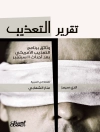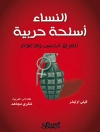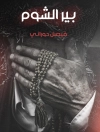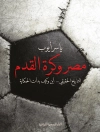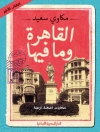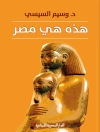Karl and Rosa's family watch in horror as Hitler's troops parade down the streets of their home city — Vienna. It has become very dangerous to be a Jew in Austria, and after their uncle is sent to Dachau, Karl and Rosa's parents decide to send the children out of the country on a Kindertransport, one of the many ships carrying refugee children away from Nazi danger.
Isolated and homesick, Karl ends up in Millisle, a run-down farm in Ards in Northern Ireland, which has become a Jewish refugee centre, while Rosa is fostered by a local family.
Hard work on the farm keeps Karl occupied, although he still waits desperately for any news from home. Then he makes friends with locals Peewee and Wee Billy, and also with the girls from neutral Dublin who come to help on the farm, especially Judy. But Northern Ireland is in the war too, with rationing and air-raid warnings, and, in April 1941 the bombs of the Belfast Blitz bring the reality of war right to their doorstep.
And for Karl and Rosa and the other refugees there is the constant fear that they may never see their parents again.
Based on a true story — there was a refugee farm at Millisle and among its occupants was a young boy called Karl.
A propos de l’auteur
Marilyn Taylor was born and educated in England, and has an economics degree from London University. She was a school librarian in a Dublin secondary school for 16 years and a college librarian.
Her first novels for young adults were the Jackie and Kev trilogy, Could This Be Love, I Wondered? (1994), Could I Love a Stranger? and Call Yourself a Friend?.
Faraway Home was a new departure for Marilyn, having a strong historical basis and being set in Northern Ireland during the Second World War. It won the prestigious Bisto Book of the Year Award and was followed by 17 Martin Street, set in Dublin during The Emergency (as the Second World War was knows in Ireland). Both have been hugely popular with schools throughout Ireland and beyond.


